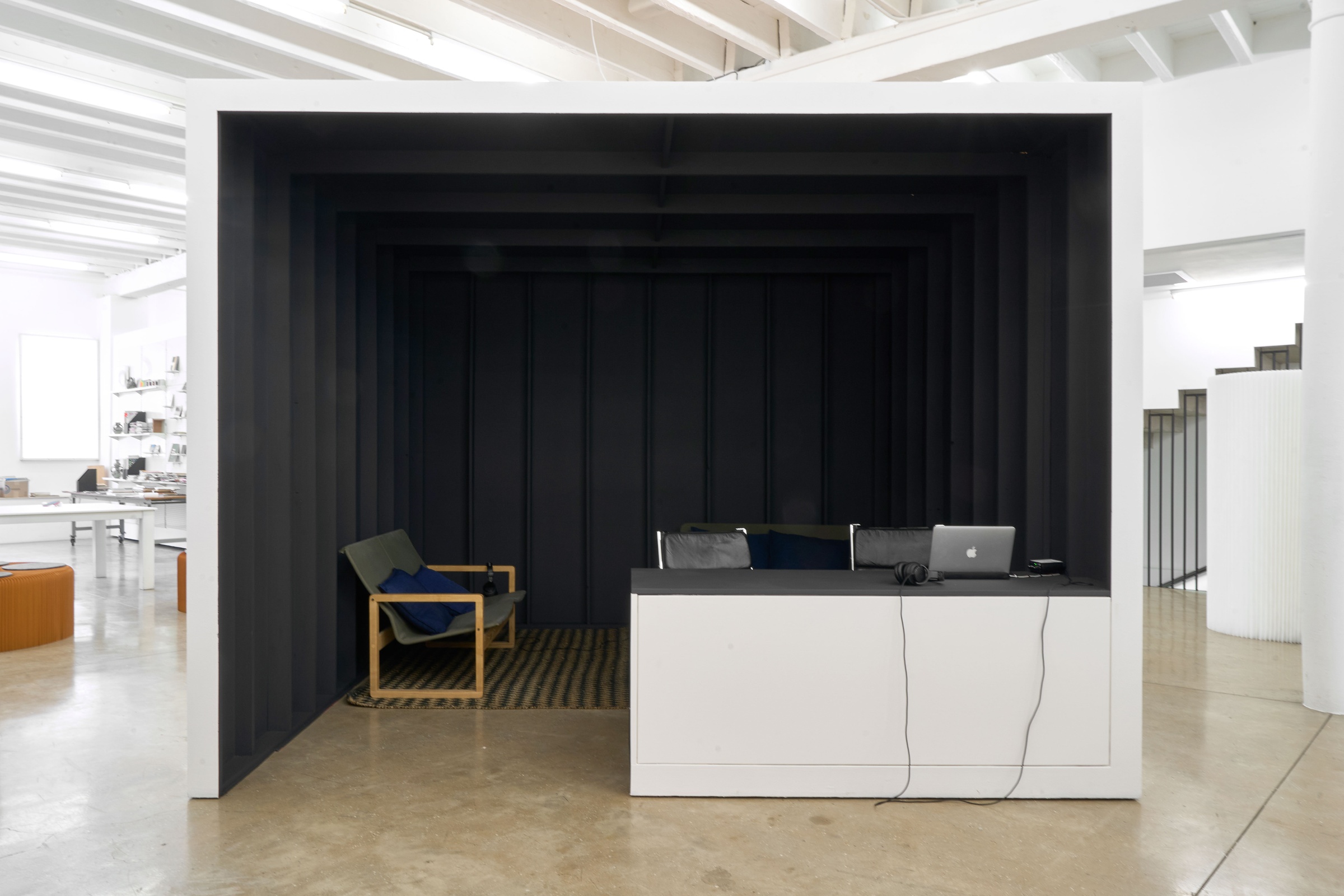Project text:
Hedley Twidle
sound (verb):
figurative. To make inquiry or investigation.
To investigate, to search into, to seek to ascertain (a matter, a person’s views, etc.), esp. by cautious or indirect questioning; to make trial of in this way.
Also with out.
unheard (adjective):
Not caught or apprehended by the sense of hearing; not heard.
Of persons: Not heard in self-defence or entreaty; not listened to.
Not before heard of; unknown, new, strange.
Also with of.
Out-of-place birdcalls; microphones under melting ice caps; spring biophonies and the insect ‘vibroscape’; drone artists in the tropical rainforest; a natural and military history of whale songs; container shipping and underwater seismic blasting; the infrasonic hum of wind turbines and crypto mines; increasing noise and gathering silence…
What is the sound of environmental change, crisis and justice?
This Course of Enquiry takes up the question of sounding out / the unheard as an invitation to listen across different ecologies of scientific, intellectual and cultural practice: from the empirical work of acoustic ecologists to the ambiences of contemporary sound art. What does it mean to bring these worlds in earshot of each other? And how can might the sonic imagination be a mode for thinking in some way beyond a human-dominated world?
If cultural and political imaginaries in the 21st century are "mostly disengaged from the sonic tumult we create," then the act of listening more carefully confronts us with the difficult paradox at the heart of this sensory crisis: that our species "is both an apogee of sonic creativity and the great destroyer of the world’s acoustic riches" (George Haskell, 2022).
A4’s Course of Enquiry invites curators to develop a six-month programme centred on ‘making public’ their modes of investigation.
Course of Enquiry offers insight into research as process, with all the attendant segues and obstacles necessary to the curatorial form. Curators’ engagements with their guiding questions are observed and documented through a programme that considers the journey of ideas, from experimentation to expression. Where are the meanderings, the dead-ends, the points at which thoughts coalesce? How might this unfolding be made apparent? In the spirit of ‘elastic rigour’ (to use Carlo Ginzberg’s term), the accompanying translations of curatorial process – be they aural, written, visual or tactile – are guided by the individual enquiries, their outcomes anticipated but as yet unknown.
The resulting research and its traces are shared with the public in a series of events, texts and multimedia offerings.
